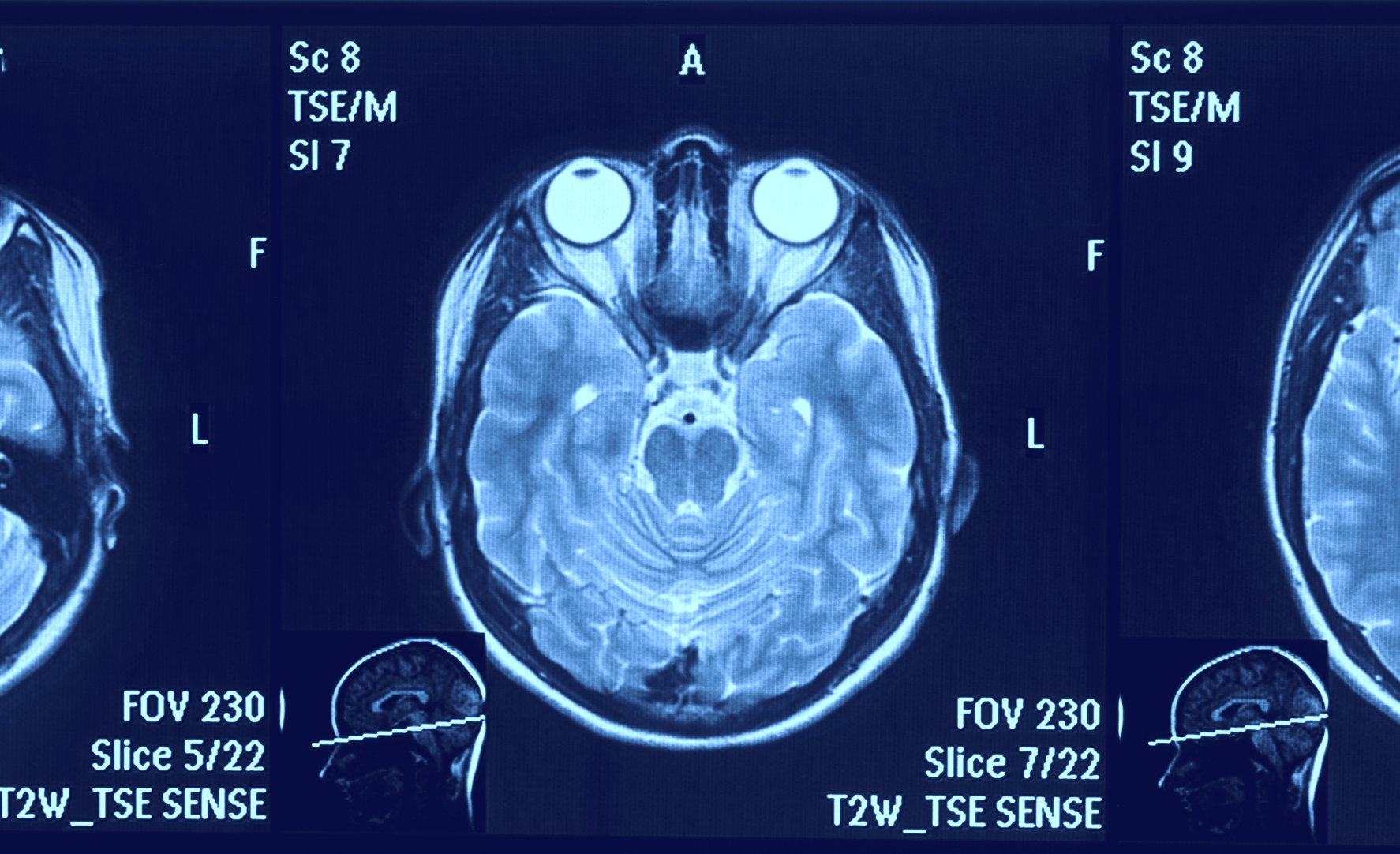Getting your seven to nine hours of sleep each night may be the easiest way to keep your mind agile. But there’s another simple way to keep your mind sharp as you get older…
A new study out of the University of Illinois looked at the effect of exercise on the brain health of 100 adults between 60 and 80.
Subjects wore accelerometers for a week. These devices detected and recorded their daily activity levels.1 Then researchers looked at changes in blood oxygen levels in the participants’ brains. This helps determine how well someone’s brain is functioning.2 And what they found surprised them…
Anyone who got moderate-to-vigorous levels of activity had a better brain. Researchers found these people were “more flexible, both cognitively and in terms of brain function, than their less-active peers.”
In other words, people who exercised the most could do things like process information and solve problems faster.
Even people who kept their activity light showed improvements in brain function. This could include something as simple as gardening or taking a quick walk around the block. A little physical activity is always better than none at all.
But exercise and quality sleep aren’t the only ways to protect your brain…
If you or someone you love is truly worried about Alzheimer’s… There’s one natural herb extract so effective at fighting Alzheimer’s that Big Pharma is trying to turn it into a drug. They want to keep it a secret.
But you can get the safe, natural version right now. Without an expensive prescription. Get the details here.
In Good Health,

Angela Salerno
Publisher, INH Health Watch
Like this Article? Forward this article here or Share on Facebook.
References:
1http://journals.plos.org/plosone/article?id=10.1371/journal.pone.0107413#s3
2http://www.sciencedaily.com/releases/2015/08/150824110531.htm#

